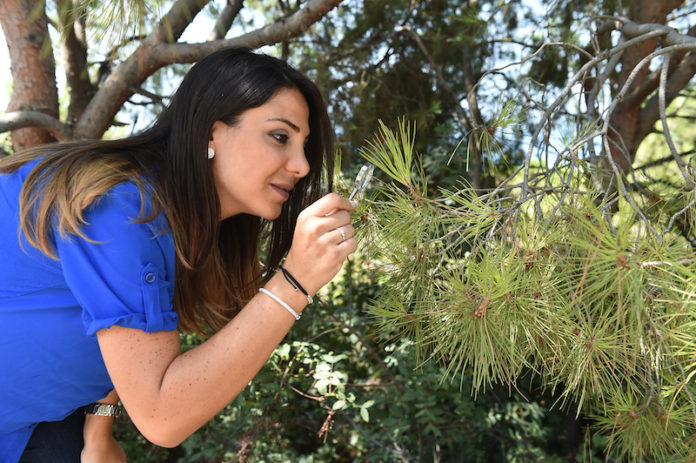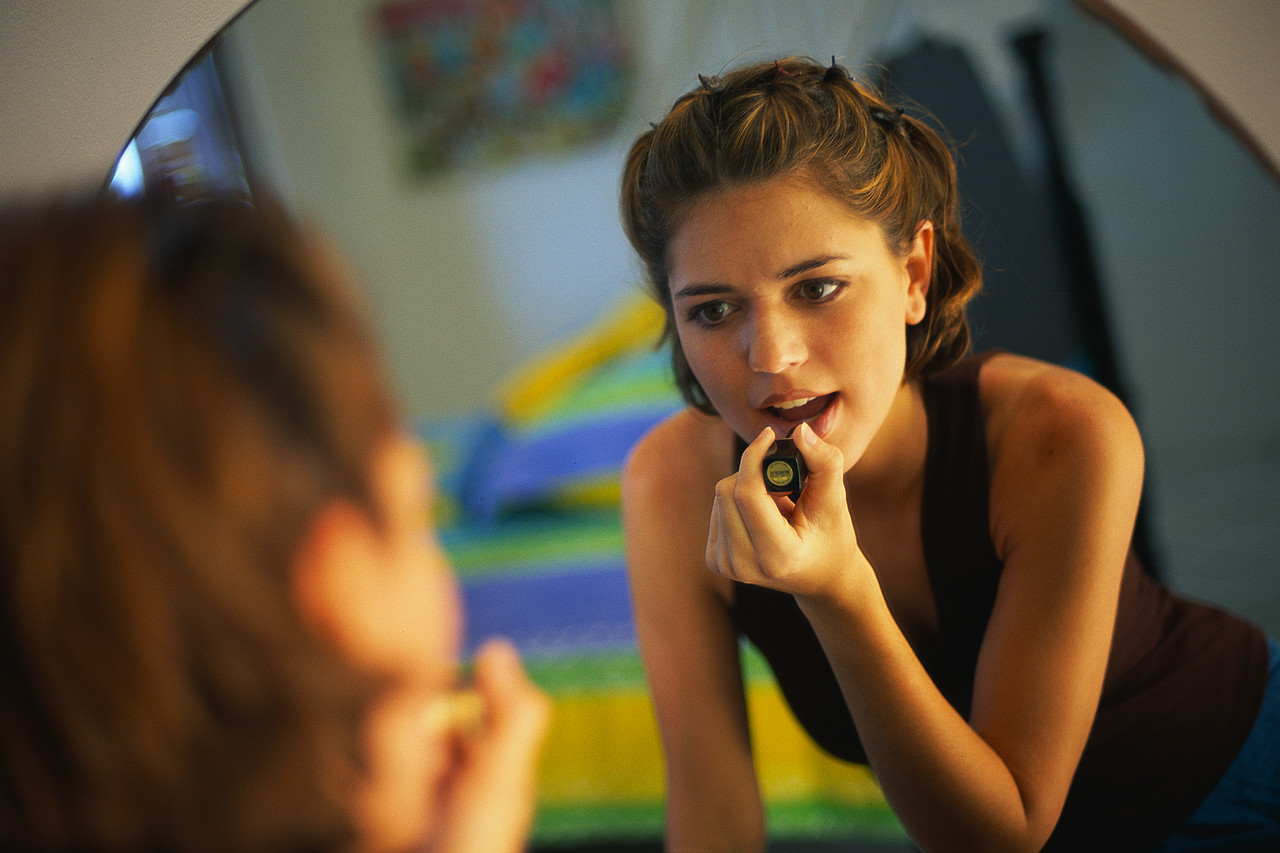BelleBeirut interviewed Dr. Elise Noujeim, one of the recipients of the 2017 L’Oréal – UNESCO For Women in Science Levant and Egypt award, and asked her about the path she chose in her career.
1- Did you face any challenges as a woman scientist in the Arab world? If so, what were they and how did you overcome them?
In my country, society doesn’t value researchers. Pursuing my career as a researcher aiming to protect plant from pests has always been very challenging for me to explain for others. However I always found a way to simplify my research, make it understandable and accommodate it to the knowledge of my surrounding to show the real value of what I am doing for our society. Being an active scientist is not only about submitting a great proposal and publishing papers. In our country, we encounter many research handicaps such as being single researcher not part of a real research group; that will require lots of hard work and determination to become a real expert in your field. It is important to be passionate about what we are doing to stay motivated during unexpected career trajectories such as limited research funding or unexpected experiment conditions.
2- What advice would you give to young women who want to follow a similar path?
Many girls fear to choose science for their career as it is stressful to have a family and be a scientist at the same time. For those girls I encourage them to pursue a career in what they like the most and I can ensure that there wouldn’t be any problem to balance family and science as long as they are well organized and supported by their parents and spouse.
3- How did the L’Oréal – UNESCO “For Women in Science” program impact your career?
It is without any doubt the best period of my life since L’Oréal – UNESCO “For Women in Science” had gave me a wonderful opportunity to present my project to the public and show them the real interest of my research for the society. It is also a wonderful acknowledgment for my efforts and it gave me even more motivation to continue and achieve the best results possible.
4- How can women scientists play a more efficient role in the field? (What kind of resources/tools/program do they lack access to?)
Unfortunately, our societies still don’t appreciate the role and importance of women for the world. If there is any possibility for any scientific women to be involved first in the schools programmes, she could at least emphasize on the achievements of many women in science and help creating a culture where women feel as equally valued as men also in science. L’Oreal-UNESCO for women in science is a great programme that emphasize on the role of women but we need to put all those women awarded by this programme in contact with decision makers to help them change the world through all the fields of knowledge they are working on.
5- Who is the person that influenced you the most in your career?
Prof. Mouin Hamze, Secretary General of the National Council for Scientific Research, who I admire and appreciate a lot is a great inspiration for me. He is also a big supporter for women in science.














